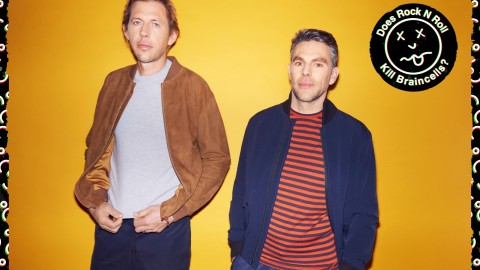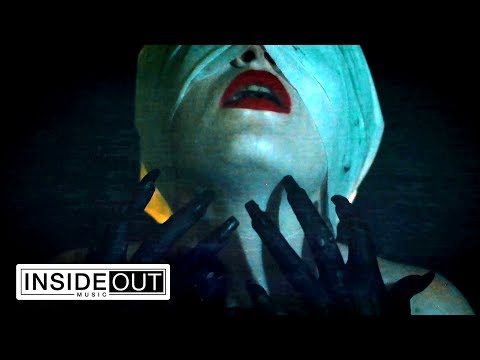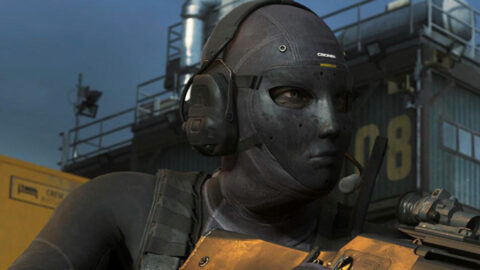
Two years on from the The Witcher’s first season, it’s probably safe to admit that its biggest achievement was that it wasn’t rubbish.
Faint praise this might be, but the first time that author Andrzej Sapkowski’s beloved book series was adapted for TV – as 2002’s The Hexer – the presentation was just that, in almost every way conceivable. Featuring terrible CGI and an incoherent plot, its sole saving grace was lead Michał Żebrowski’s passable depiction of Geralt of Rivia. Sapkowski wasn’t a fan. Asked for his opinion on the show by Russian media, the Polish writer responded: “To answer this question, I have only one word: and that word is ‘indecent’, though brief…”
When Netflix’s The Witcher adaptation arrived in 2019 – with Sapkowski on board as a creative consultant – fans breathed a long sigh of relief the first time the show’s lead, sometime-Superman Henry Cavill, appeared on screen. The initial announcement of Cavill in the role of Geralt – the magically enhanced monster hunter and titular ‘Witcher’ – was poorly received, on account of him not being the precise person the denizens of the internet had envisioned in their head at that precise time.
As any visitor to a comic con will attest, Geralt, via his adventures in the books and Projekt Red’s accompanying video game series (of which 2015’s The Witcher: Wild Hunt is a contender for the best game of the last decade), is a character much beloved. But the first time Cavill – a self-confessed Witcher fan so driven to impress that he reportedly went home from filming in full Geralt get-up, and stayed in character until he returned to set the next morning – spoke in the character’s laconic drawl, fans knew the series would transcend their fears. This relief was so potent that it largely masked season one’s many flaws: baffling time shifts, a bemusing dearth of monsters, lumpen dialogue and a problematic, much-outdated depiction of the disabled.
Much delayed after a succession of COVID outbreaks and an on-set injury to Cavill, season two of The Witcher is so infinitely superior to the first that it barely feels like the same show. The series’ three leads all return – Geralt, his charge-cum-apprentice Ciri (Freya Allen) and quarter-elf sorceress Yennefer of Vengerberg (Anya Chalotra) – but from episode one onwards it’s clear that this is a show now possessing a roadmap, and each of the aforementioned characters are spewed out into the world with a purpose that was largely absent first time round.

There are actual monsters now – really good, well-designed creatures plucked from the recesses of the most anguished mental torment. While season one featured so much ponderous mumbling in darkly lit corridors that it often felt like you weren’t watching an exciting fantasy show to rival Game of Thrones but were instead sat in your local civic centre waiting for your passport to be renewed, the action scenes in The Witcher season two are pacy and frequent.
In these moments and beyond, it’s now inconceivable – like Hugh Jackman as Wolverine – that anyone other than Cavill will play Geralt ever again. He is the character you’ve commanded on your PlayStation for hours and hours – in fact, a great many scenes in the TV show perfectly mirror that of the games – and he embodies the mysterious wanderer that first made Sapkowski’s series of novels so notable. And yet while it would be churlish to deny that Cavill solely carries the show on his shoulders, this is far from being a one-man magically enhanced monster hunter show. Allen and Chalotra impress throughout, but the incoming Kim Bodnia (The Bridge, Killing Eve) as Geralt’s mentor Vesemir adds ballast to the show’s youthful cast.
As well as world-building prequels and spin-offs, it’s already been announced that season three of The Witcher will follow. From what we’ve seen of its eight-episode second season, we’d happily take another ten seasons or more.
The Witcher season two will air on Netflix tomorrow (December 17)
The post ‘The Witcher’ season two review: Netflix fantasy show finds its feet in much-improved second offering appeared first on NME.







